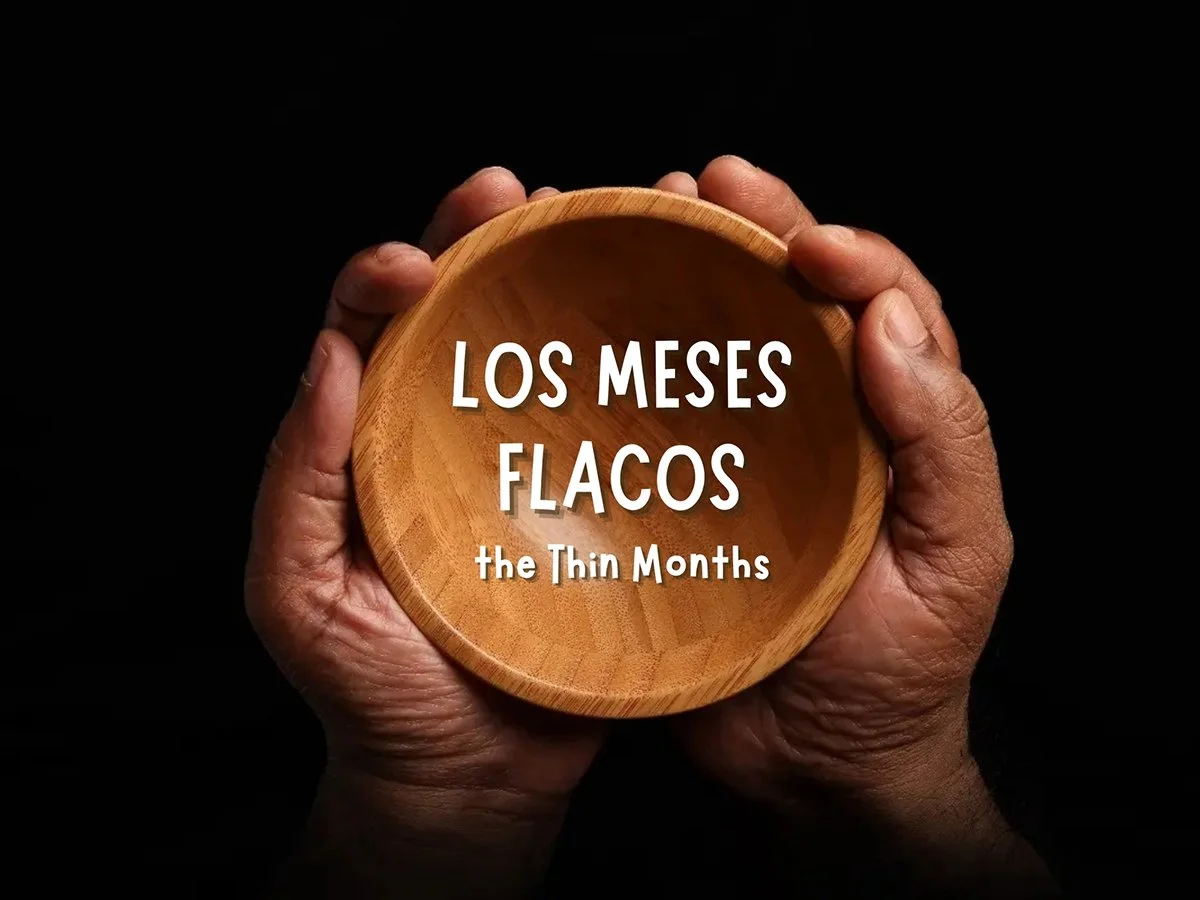Why This Thin Season is Tougher Than Ever for Coffee Farmers
In coffee-farming communities across Latin America, the summer months mark the beginning of los meses flacos—the thin months. This period, stretching through the summer and late fall, is when the previous coffee harvest’s income has run dry, but the next harvest is still months away. It’s a season that brings hunger, stress, and difficult choices for families who rely on coffee for their primary source of income. And this year, the challenges are steeper than ever.
For smallholder coffee farmers, this lean season is nothing new. What’s new—and deeply concerning—are the mounting pressures that are making it even harder for farmers to keep food on the table. Volatile coffee prices continue to undermine farmers’ ability to earn a reliable income. Recent fluctuations have left families unsure of what they will actually earn when their next harvest is sold. The uncertainty is more than just an economic problem—it’s a food security crisis. When farmers can’t predict or count on their coffee income, it becomes nearly impossible to plan for household needs, invest in their land, or save for emergencies.
At the same time, the cost of basic necessities—especially food and garden inputs—has risen sharply. Seeds, fertilizers, and tools needed to grow home gardens and diversify production now cost more than many families can afford during this already precarious time. For farmers working to break the cycle of hunger by growing their own fruits, vegetables, and other crops, these rising costs threaten hard-won progress toward greater resilience and food sovereignty.
Adding to these burdens is the looming threat of new tariffs proposed by the current Trump administration. These potential tariffs could target coffee imports to the U.S., which would ripple through the supply chain and further squeeze coffee-farming families. Higher costs for importers could translate to lower prices paid to farmers—deepening poverty in coffee communities that are already on the edge. These proposed trade barriers would not only harm farmers, but also the coffee businesses and consumers who value ethical, sustainable coffee.
At Food 4 Farmers, we’re seeing firsthand how these intersecting challenges are straining the communities we work with. But we’re also seeing how determined farmers are to build solutions—by planting home gardens, starting beekeeping operations, and diversifying the crops they grow. These strategies help create a buffer against hunger during the thin months. Yet, without reliable support, they can’t solve the problem alone.
Now more than ever, our work—and your support—are critical. As we enter this difficult season, we’re partnering with coffee-farming families to help them grow their own food, generate new income streams, and strengthen their ability to weather crises. Together, we can help coffee communities move beyond surviving the thin months to thriving year-round.
If you’re part of the coffee industry or simply someone who loves your daily cup, now is the time to stand with coffee farmers. Your actions—whether through advocacy, direct support, or responsible purchasing—can help ensure that the people behind your coffee have the chance at a healthier, more secure future.

